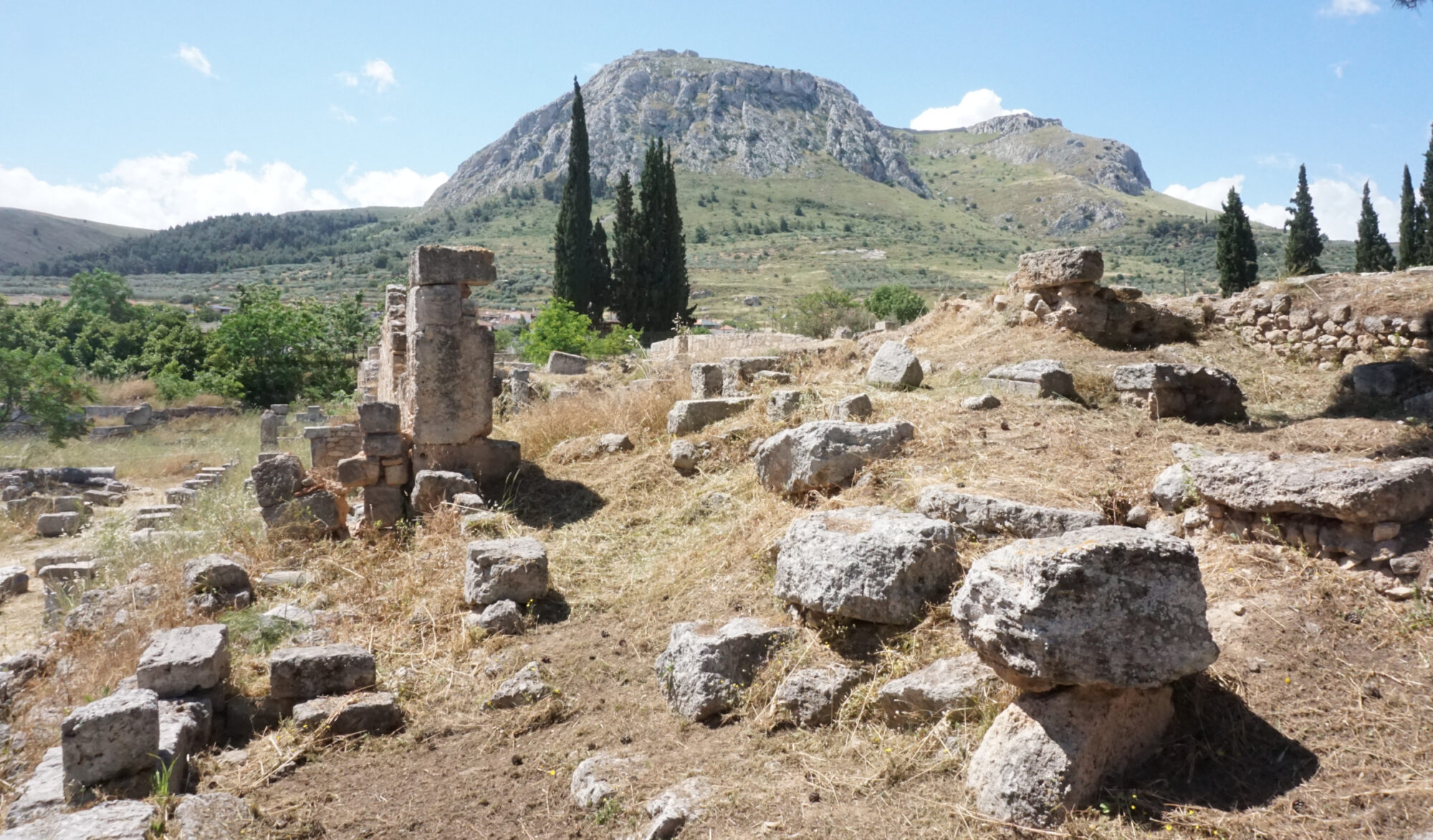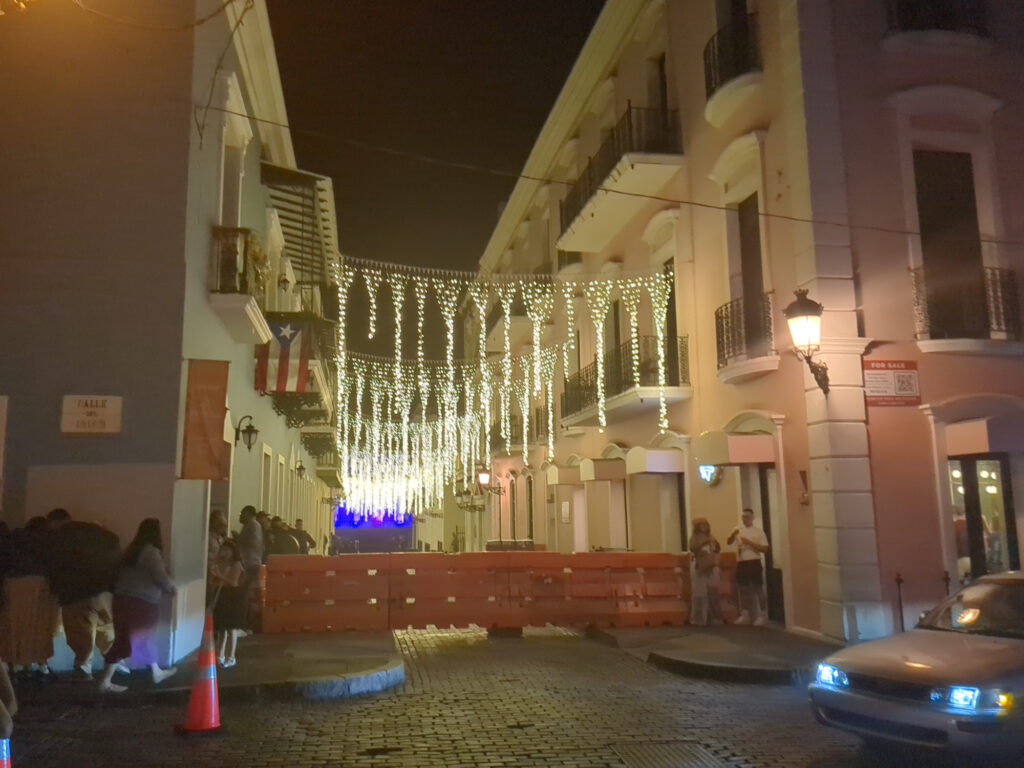
Read: Proverbs 11:1–6
Imagine you are traveling across the country on a train. The train sways while the rumble of wheels along the track fills your ears. After the train attendant checks your ticket, you head to the observation car. While you walk, you check your balance, hands reaching for seat backs and handrails. You step one foot in front of the other, weighing each step in your mind, eyeing potential risks. Your caution pays off! You did not fall down or onto anyone else, and you reach a swivel seat and fall into its comfort to enjoy the scenery.
To walk in uprightness with God is an everyday choice in a world where the train sways beneath our feet. When stepping forward on God’s path, we choose how we act, with honesty or dishonesty, with pride or humility, with integrity or duplicity, with righteousness or unrighteousness—and each choice has a consequence.
When pairing the first attribute in these pairs with trust in God (Proverbs 3:5-6), we find it possible to step forward in faith; this combination fortifies our decisions to live like Christ. God uses honesty, for example, to build trust between people (Genesis 30:33) and humility to form community (Philippians 2:3–4). As well, he establishes a plan for us when we act in integrity (1 Kings 9:4–5) and produces strength in suffering when we act in righteousness (Job 17:9).
Best of all, walking in honesty, humility, integrity, and righteousness puts us in God’s favor. No, he does not stop the sway of the train, but he does reward us in many ways for our obedience. By trusting in him and aligning our steps with his way, we walk the path toward eternal life—and, in the meantime, we can fall into the comfort of God’s arms when the sway of the train threatens to knock us down.






